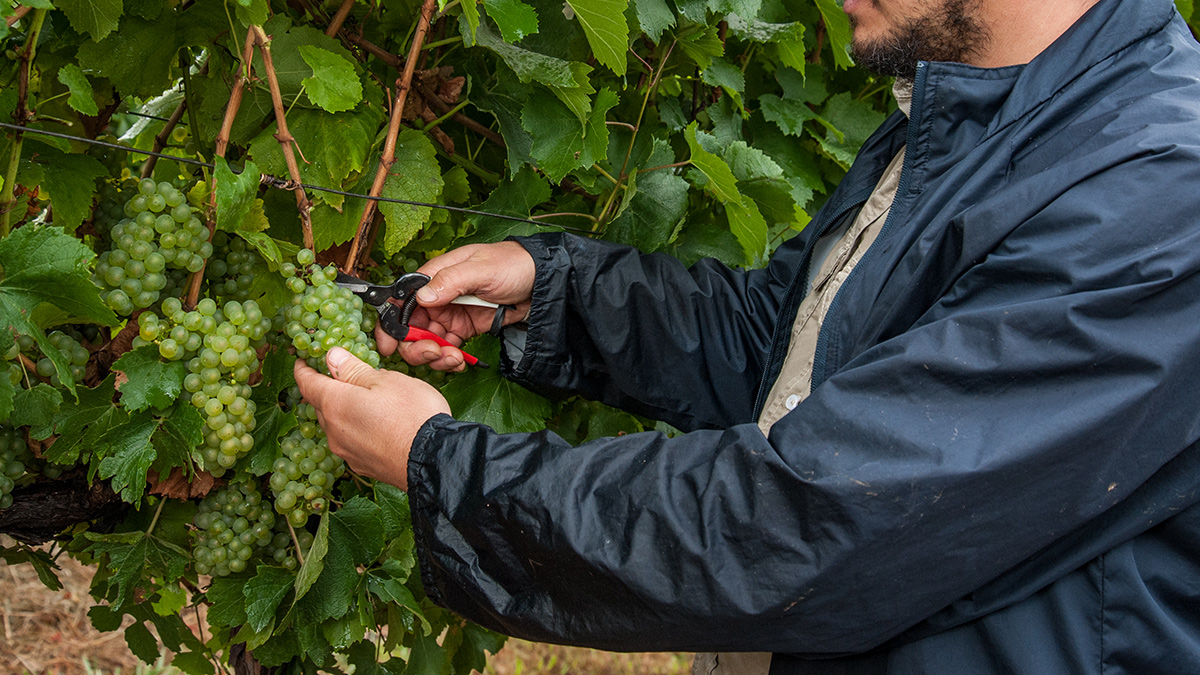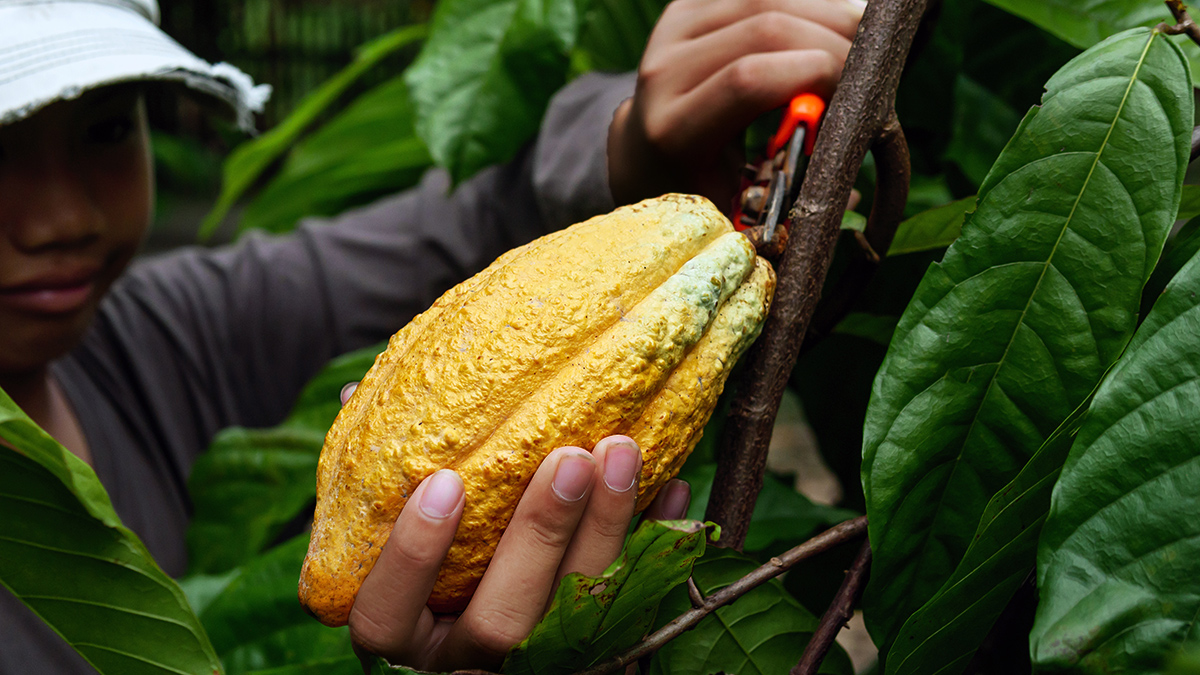Get our independent lab tests, expert reviews and honest advice.
10 ways to be more sustainable in 2022

A new year is always a good time to make meaningful changes to our lives. Eating better, exercising more, finally quitting that job and pursuing your long-held passions are popular resolution choices.
But while the resolutions we make sometimes falter in the face of temptation, our willpower may fare better if we choose resolutions that benefit the planet.
If you’re looking to turn over a new, green leaf in 2022, try these simple steps that can have worthwhile benefits. Sure, you’re just one person, but the whole planet is made up of individuals whose better choices can make an influential collective.
1. Ditch single-use in favour of reusables
The war on single-use and plastic products is in motion. Many companies are answering the call to arms with reusable household products that claim they are better for the environment because they can help you reduce waste.
Alternative materials
Apart from just buying and using less, this could be the year you make the swap to bamboo or cornstarch toothbrushes, beeswax food wraps and food covers instead of plastic wrap (we list the pros and cons here), silicone or stainless steel straws, cloth shopping bags, bamboo dinnerware for kids, compostable bin liners, period underwear (we trialled 10 brands to see which work the best), or stainless-steel containers, coffee cups and drink bottles instead of single-use plastic products.
Some of these reusable products may still eventually end up in landfill though, so it’s important to do your research before you invest and understand the eco impact of the items you are consuming. For example, bamboo toothbrushes are considered a better alternative to plastic, but you should dispose of them in your home compost (snapping off the nylon bristles) to reap the eco benefits.
2. Invest in more energy efficient heating and cooling
CHOICE experts spend many hours testing heaters in winter and air conditioners in summer to let you know which appliances are the most efficient and therefore better for the environment (and your pocket). You can view the efficiency scores in our appliance reviews to find out which products are worth investing in as more sustainable choices.
But, when the summer sears and the winter snaps, it’s even better to avoid power-hungry appliances and instead opt for greener ways to keep our homes insulated against the elements.
A well-insulated home makes a huge difference to your energy use, helping keep you cool in summer and warmer in winter. If your ceiling is not insulated, consult a professional to help you install insulation safely and efficiently. In summer, shade your windows with blinds or awnings and install eco-and-wallet-friendlier ceiling fans.
If it’s going to be a scorcher, turn the air-con on early, then shut-up your well-insulated house and turn off the air-con once cooled. Come winter, you’ll want to eliminate drafts, close doors to trap in the heat, and cover up your chimney. Here are 5 ways to reduce your household’s energy use and your carbon footprint.
3. Switch to a green energy retailer
We tend to forget that electricity is a retail business and you’re welcome to shop around for the best deal and the best provider. More and more people are starting to consider the environmental impact of different energy retailers and investigating whether there are better, greener options where they can put their money.
Researcher and consultant on climate change, Dr Rebecca Huntley, tells CHOICE that her research shows about a quarter of Australians have considered switching their energy provider to a more environmentally friendly one – though a much smaller number of people, less than one in ten, have actually done it.
More people are starting to consider the environmental impact of different energy retailers and investigating whether there are greener options
This may be because people don’t know how much of a difference switching providers will actually make, or because we suspect energy retailers may be ‘greenwashing’ us by making inflated environmental claims.
Even if you want to make the effort to switch, one of the problems is that there are currently no government guides or star ratings when it comes to the green credentials of energy providers, so it’s difficult to compare options.
A good place to start is our summary of the 2018 Green Electricity Guide, which ranks the green credentials of 31 retailers. An update is due to be released in February 2022 (with the notable demotion of Powershop, which was recently acquired by Shell), so you can get started assessing greener energy options for 2022.

4. Save water: more efficient shower heads and handwashing
We of the Down Under shouldn’t need to be reminded of just how precious water is. But if you find yourself shouting through the bathroom door to your children, spouse, or housemates to get out of the shower and stop wasting water, then investing in a more water-efficient showerhead will probably save both water and your voice.
It’s still a good idea to keep your shower time down to four minutes, but you can lessen your aqua-angst with this simple swap. Check out our showerhead buying guide for tips on buying a more efficient model.
You could also look at installing more water-efficient taps or flow restrictors to reduce your water usage around the home. Or try simple things such as using a dishwasher instead of handwashing (yes, dishwashers can use substantially less water than handwashing your dishes!) and reusing your washing machine grey water. Find out more water-saving tips here.
5. Run full loads and use cold water for your laundry
It seems like common sense to run dishwashers and washing machines only when there’s a full load in order to use less water and energy, but there are those moments when our usual practices lapse. For that reason, back yourself by onboarding the rest of your household with your planet-saving measures and set out some rules for when it’s OK to turn appliances on. That way, someone else can also hold you accountable.
Save yourself $136 a year
One of those rules should be to use cold-water washes for clothes wherever appropriate. It not only uses less energy, which is better for the environment, but will also save you money. According to our calculations, if you were to switch from washing a half load every day on a warm wash, to washing a full load every day on a cold wash, you could save yourself $135.85 a year. And CHOICE experts say the difference in how clean your clothes are when washing in cold water is marginal, so it’s definitely worth the swap.
6. Reduce food waste in the kitchen
In Australia, 7.6 million tonnes of food is wasted every year, and 70% of this is perfectly edible. Sounds like a great reason to look at reducing the amount of waste you’re contributing to this figure.
Taking more time to plan your meals, taking more notice of use-by dates when you buy ingredients, and buying only what you need, can all help limit the amount of food you throw away at the end of the week. Storing food effectively to get the most life out of is really important, too.
To help you kickstart some new habits, CHOICE experts have put together 14 ways to reduce food waste at home and a guide on how to keep fruits and vegetables fresh.
7. Start a compost heap and worm garden
Despite the best intentions to reduce food waste, you may still find yourself with the odd bag of slimy spinach you forgot about or some squashed berries. Instead of throwing your fruit and veg scraps in the rubbish, where they’ll be destined for landfill, consider starting a compost heap or worm garden.
Many council areas now collect your green kitchen waste, which is great if you don’t have enough space for a compost bin. But if you have a garden, you can also take compost into your own hands. Not only does home composting mean you have nutrient-rich soil for your garden, but it also recycles kitchen waste that may otherwise go into landfill, where it contributes to the production of harmful methane. Take a look at our how-to guide to kick-start your compost resolution.
Slash your waste with a worm farm
Similarly, a worm farm can reduce the volume of waste and other compostable materials by up to 95%. These literal garbage guts also make a good project to teach children about sustainability. Just make sure you buy a worm farm big enough to handle your household’s waste and don’t overfeed the little guys.
8. Choose more energy-efficient kitchen appliances
If your workhorse fridge finally packs it in during 2022, or any other household appliance for that matter, you’re presented with an opportunity to choose a greener product.
Do your research to find the most energy-efficient model (CHOICE reviews are a great place to start) and look at the eco-settings available. By choosing a greener model, you’ll also pay less on your power bill, so it’s a win-win.
9. Use non-toxic, eco-friendly and refillable household cleaning products
Australians use an average of 130kg of plastic per person each year, according to WWF Australia.
If you’re looking for ways to cut down on the amount of plastic you use, one of the simplest things you can do is switch to using refillable cleaning and bodycare products – and the market is growing steadily.
Australians use an average of 130kg of plastic per person each year
There are many brands now offering a reusable solution, from supermarkets to more boutique online companies. Some Woolworths and Coles supermarkets offer refill stations instore, but these are still few and far between. Online brands such as Zero Co sometimes offer a postage-paid return envelope to remove any obstacle to you recycling the refill pouch, and some brands do away with the pouch altogether by using a dissolvable tablet that turns water into cleaning products.
Whichever way you choose to reuse, it’s certainly preferable to discarding a plastic bottle every time you run out of something.
10. Make more meat-free days and choose ethically
Often a healthy choice for the planet can also be a healthy choice for you. So with this new 2022 habit worth adopting, you’re getting a two-for-one deal on your resolution.
Eating less meat, especially hooved animals (red meat) and large fish (tuna, swordfish, etc), can be a more planet-friendly choice and can easily be adapted into your lifestyle by eating plant-based foods at least one day a week.
Pivoting to a diet with less meat may also have health benefits, such as weight reduction and protection against heart disease and some cancers
Our dependency on livestock for our diet takes up enormous land resources and has led to deforestation and a decline in biodiversity. Hooved animals, in particular, contribute significantly to greenhouse gas emissions, while the overfishing of oceans has seen a steep decline in abundance of larger species that don’t reproduce as quickly as smaller ones.
Pivoting to a diet with less meat may also have health benefits, such as weight reduction and protection against heart disease and some cancers.
When you do opt for meat, try to buy the most ethically produced and sustainable options you can afford. If you’re still reticent to do away with burgers and spag bol, check out these meat-free alternatives.






